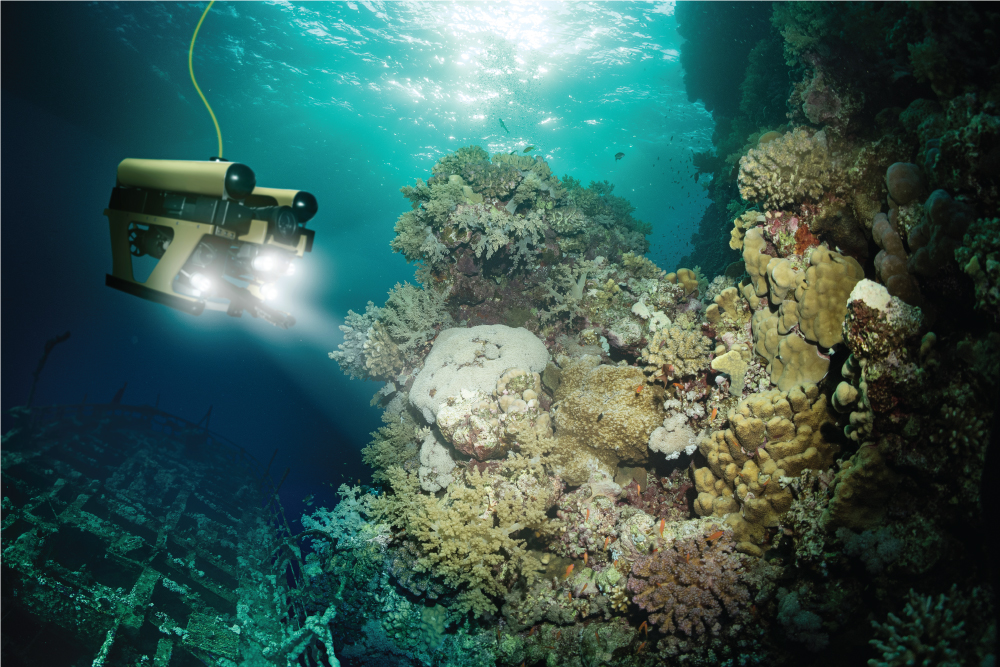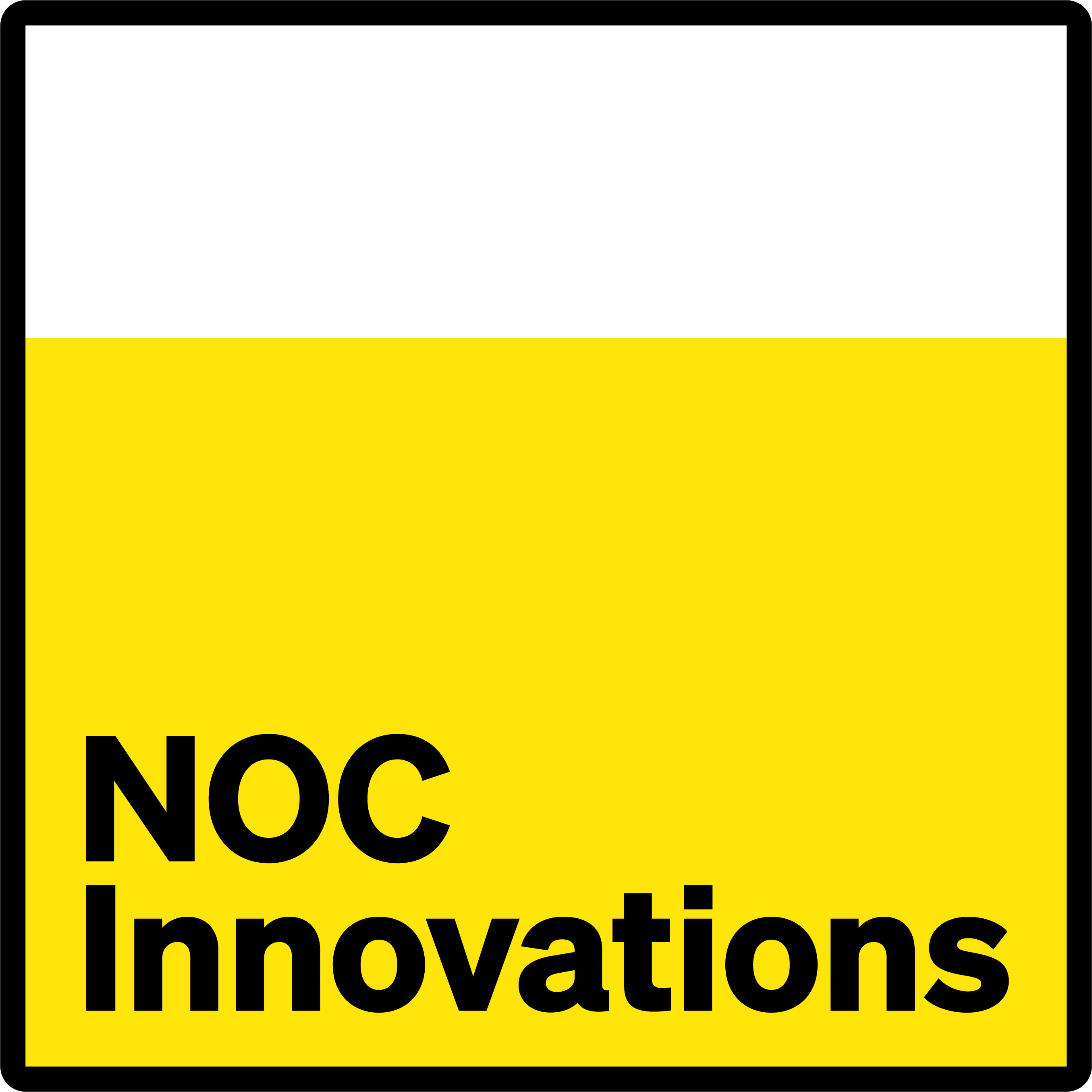Research Programme: Net Zero Operations
Project Lead: Dr Thanh Nguyen
Supported By: Truong Dang
Funder: Royal Society of Edinburgh
Project Status: Complete
Overview
The Oil and Gas industry plays a significant role in the UK economy, providing 97% of fuel for transport while employing around 270 thousand people. 98% of petroleum production is from offshore fields, transported through pipeline infrastructure subjected to severe weather conditions and constant threats of corrosion. This makes pipeline inspection an essential part of Oil and Gas operations since any pipeline failure could result in serious consequences. This project, funded by the Royal Society of Edinburgh, aimed to develop an Artificial Intelligence (AI) and data-driven platform for the inspection and monitoring of subsea pipelines.
Motivation
From April 2022 to January 2023, the Net Zero Operations team developed a comprehensive platform for an extensive library of subsea pipeline images in the Oil and Gas industry. This platform facilitates the efficient collection, processing, and retrieval of subsea visual content, incorporating features for storage and pre-processing specifically designed for the unique needs of the Oil and Gas sector. Through this work, the team encountered a number of challenges relating to the low quality, large volumes, heterogeneity of inspection data, and domain expert dependence for reporting and planning while developing the automated AI-based pipeline inspection and monitoring systems. Thus, despite considerable advances in AI in recent years, very little progress has been made in the inspection and monitoring applications for the Oil and Gas industry. These challenges motivated the team to progress the research and development toward a complete AI-driven solution for pipeline inspection and monitoring in this project.
Real-World Impact
The project introduced a computer programme designed to automate subsea pipeline inspection operations. The core of this programme is a novel detection method leveraging ensemble machine learning, which combines multiple models to enhance the detection system's performance. The team conducted investigations using real-life case studies, analysing inspection data from pipelines in various fields, including Alwyn, Dunbar, Ellon, Grant, Forvie, Jura, Islay, and Nugget. The experimental results using an ensemble of nine deep learning models indicate that (i) the team’s method achieves up to 95% accuracy in anomaly detection tasks and (ii) the ensemble is highly efficient, taking just 1-2 minutes to analyse a 15-minute inspection video.
This project is also set to make a significant academic impact. The Net Zero Operations team will present two papers at the IEEE World Congress on Computational Intelligence in July 2024, a prestigious platform that will showcase this innovative research to a global audience of leading experts in the field. Additionally, the team has submitted a paper to the Cognitive Computation Journal, further cementing their contributions to the academic discourse. It is hoped that this project will attract the attention of the AI community, building a larger group of AI experts who share similar interests and speed up the development and deployment of deep-sea pipeline inspection solutions worldwide.








